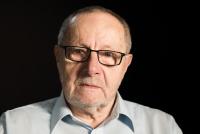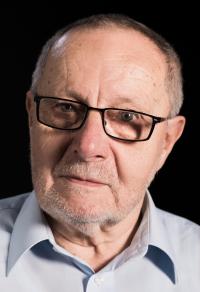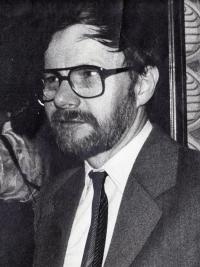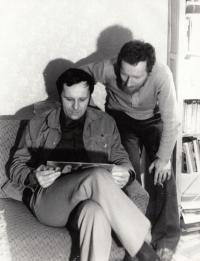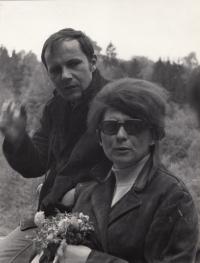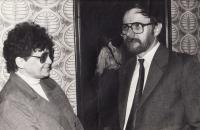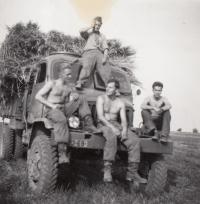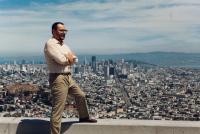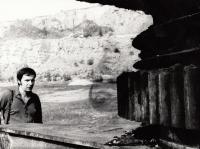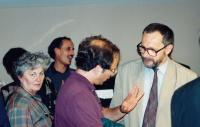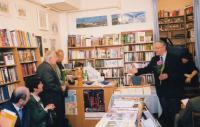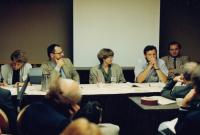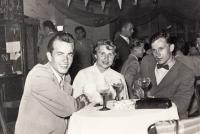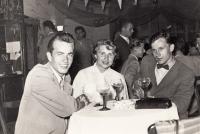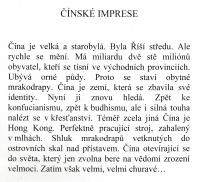The environment was a destablizing factor for the communist regime

Stáhnout obrázek
Václav Mezřický was born on 11 November 1934 in Kolín into a family of a vet. After graduating from high school in 1953 he began studying at Faculty of Law, Charles University in Prague. Just before the final exam he had to suspend his studies due to cadre vetting. He only graduated two years later after undergoing military service. He first worked as candidate attorney, then from 1968 till 1969 as secretary to the prosecutor general Miloš Čeřovský. Among other things he ran vetting commissions for prosecutors implicated in show trials of the 1950s. He then left the prosecutor‘s office for the Institute of State and Law of the Czechoslovak Academy of Sciences where he stayed up until 1989. In 1978 he co-founded the Environmental Section of the Academy of Sciences, the first-ever institution to undertake a complex analysis of the state of the environment in Czechoslovakia. Following the 1989 Velvet Revolution he served as first deputy to the Minister of Environment. He later continued working in environmental protection in the US and in London. Je mostly dealed with the topic of globalization on which he gives lectures at Charles University and other prestigious universities around the world. Václav Mezřický passed away on march, the 26th, 2018
